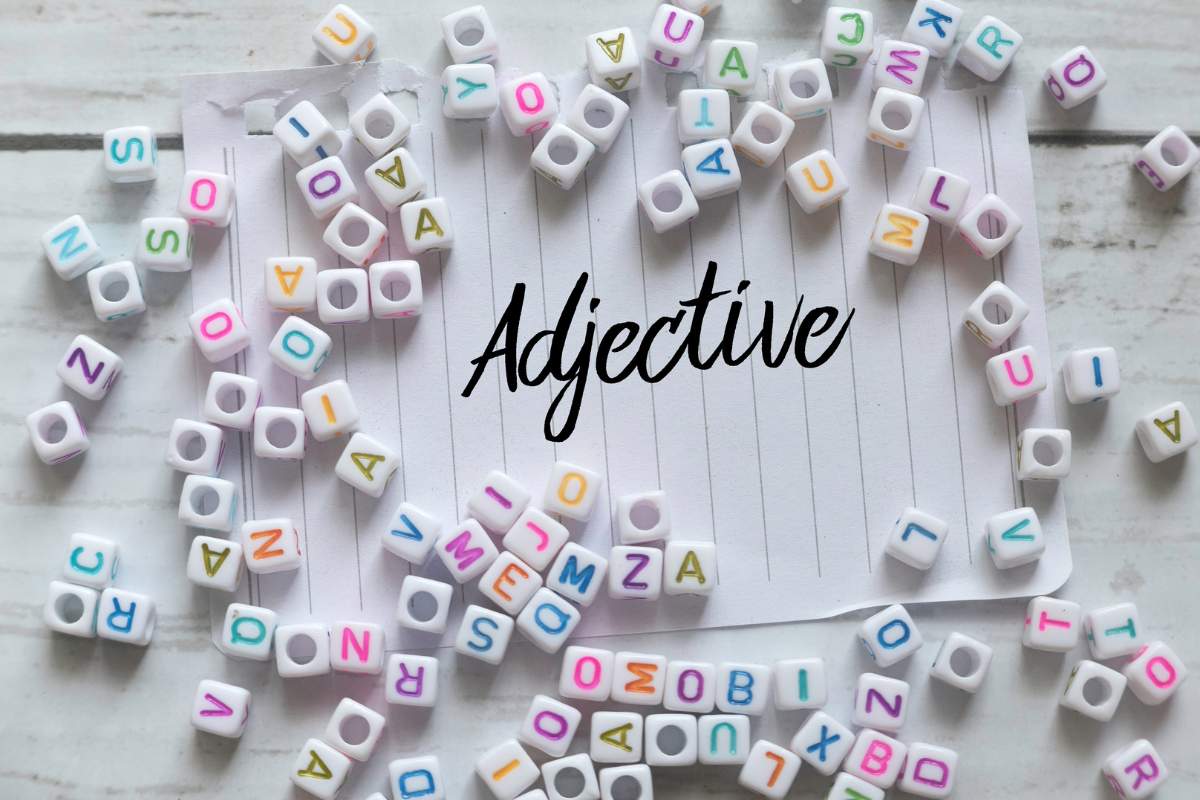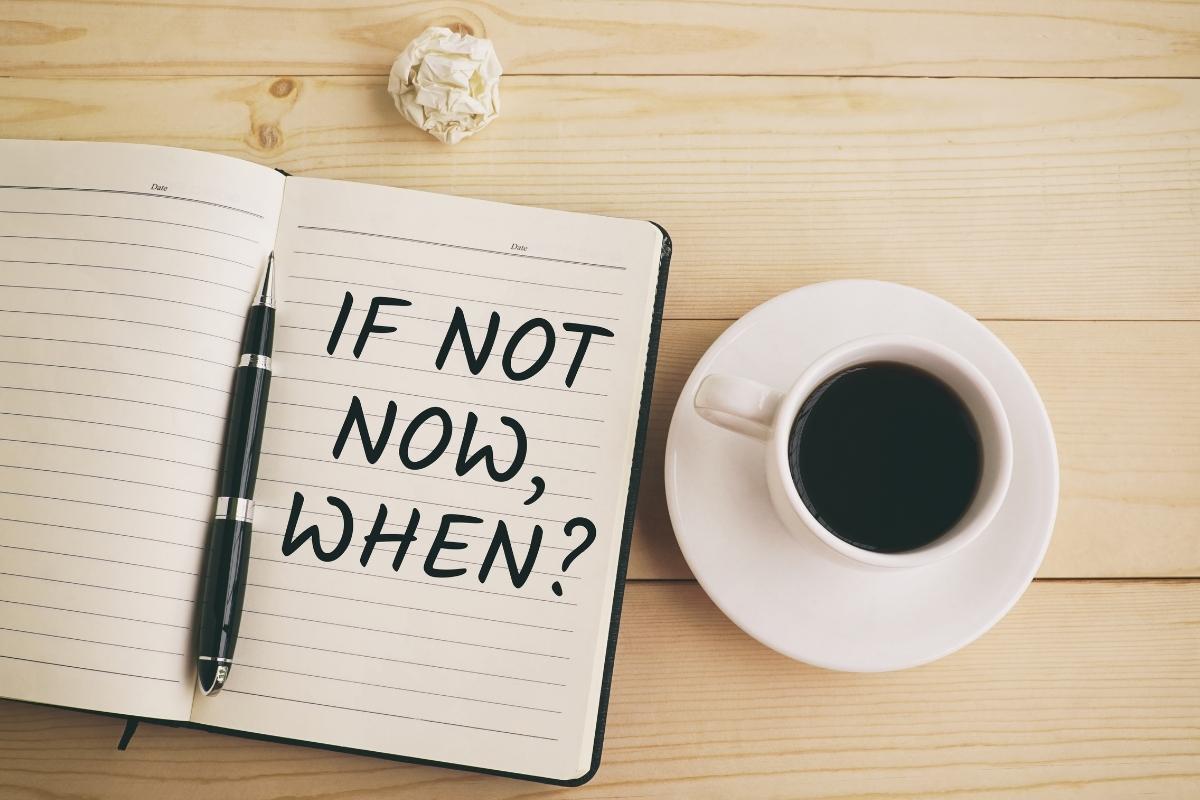Grammar bores you when you are trying to learn English in the best way possible. Also you will make the most common English grammar mistakes while learning this language. Therefore don’t worry yourself about this. Also on this subject we want to be a guide for you in this content.
Here are some of the most common mistakes you make when learning vocabulary rules and writing English.
1. Your/You’re
One of the common mistakes you make is using the homonyms your and you’re.
Rules:
Your means that something is belongs to you. Also you’re is an abbreviation of you are.
Misuses:
- Your clever
- Do you know when your coming over?
- Can I have one of you’re pencils?
Correct Uses:
- You’re clever
- Do you know when you’re coming over?
- Can I have one of your pencils
2. There/Their/They’re
These are words that have similar pronunciations but different meanings. With this, let’s examine the usage of there/their/they’re according to the subject of the most common English grammar mistakes.
Rules:
There is used to express a place that is not here. Meanwhile their indicates possession. (Something is belonging to them.). Also they’re is a shortened version of they are.
Misuses:
- Their going to be in İstanbul soon.
- We should visit they’re homes.
- Can we use there car?
- Their is an issue that says
Correct Uses:
- They’re going to be in İstanbul soon.
- We should visit their homes.
- Can we use their car?
- There is an issue that says
3. To/Two/Too
The case of homonyms, which is one of the grammatical mistakes you make frequently, is also valid here. Let’s explain the wrong and correct usage of the words to/two/too in the context of the most common English grammar mistakes.
Rules:
You can use ‘to’ in English for an infinitive expression of a verb. For example; to clean. Also you can use ‘to’ in English to mean ‘towards’. In addition to these, use ‘too’ to mean ‘also’ or ‘as well’. You use the word ‘two’ to refer to the number 2.
Misuses:
- Tea is to hot.
- It’s time two swim.
- I’m going too London.
- He bought to breads.
Correct Uses:
- Tea is too hot.
- It’s time to swim.
- I’m going to London.
- He bought two breads.
4. Could/Would/Should Have
Rules:
When writing, sometimes we use should’ve, but we want to say should have. In written form, the abbreviated version should’ve should be used instead of should have. Depending on the subject, the most common English grammar mistakes are: Both should’ve and should have are correct in usage. However, should have refers to a more formal language.
Misuses:
- I could of gone there today
- They would of done it sooner
- He should of said
Correct Uses:
- I could’ve gone there today
- They would have done it sooner
- He should’ve said
5. Who/Whom
Another problematic usage in English is the pronouns we use instead of persons.
Rules:
‘Who’ indicates the subject of the sentence, while ‘whom’ indicates the object of the sentence. Also
‘who’ and ‘whom’ are used like ‘he’ and ‘him’. Meanwhile, depending on the subject, the most common English grammar mistakes are: You can understand how it should be used by asking yourself the following:
First Example
-Who did this?
-He did. (Who is used correctly here)
Second Example
-Whom should I invite?
-Invite him. (Whom is used correctly here)
Meanwhile, ‘that’ is often an incorrectly used word for ‘who’ or ‘whom’. If you’re talking about a person, avoid using ‘that’.
Misuses:
- Who shall I invite?
- Whom is responsible?
- She was the only person that wanted to come.
Correct Uses:
- Whom shall I invite?
- Who is responsible?
- She was the only person who wanted to come.
6. Fewer/Less
Depending on the subject, the most common English grammar mistakes are that many people confuse the difference between ‘fewer’ and ‘less’. Meanwhile both words mean ‘less’.
Rules:
First, ‘fewer’ is the superlative form of the word ‘few’ and you can use in the sense of few in countable words. And ‘less’ is the superlative form of the word little (comparative). Also you should use it before uncountable nouns.
Misuses:
- There are less pencils on the table.
- Five items or less.
- There is fewer milk than usual.
Correct Uses:
- There are fewer pencils on the table.
- Five items or fewer
- There is less milk than usual.
7. Then/Than
Depending on the topic, the most common English grammar mistakes include: You’ll get the confusion between ‘then’ and ‘than’ because they’re more homonymous.
Rules:
First, use the word ‘than’ when comparing. ‘Then’ has many meanings. Firstly, it describes a specific time. Also it has next meanings. Finally, it has meanings such as ‘in addition to’, ‘also’ and ‘above’.
Misuses:
- He was better at swimming then her.
- It was more then enough.
- They go to coffee shop first, than the market.
Correct Uses:
- He was better at swimming than her.
- It was more than enough.
- They go to the coffee shop first, then the market.
As you can see in this content, we talked about the English grammar mistakes you make frequently. Also, we have also explained with examples how you can overcome them. Once you understand the most common English grammar mistakes, you will now be able to use these structures correctly.




